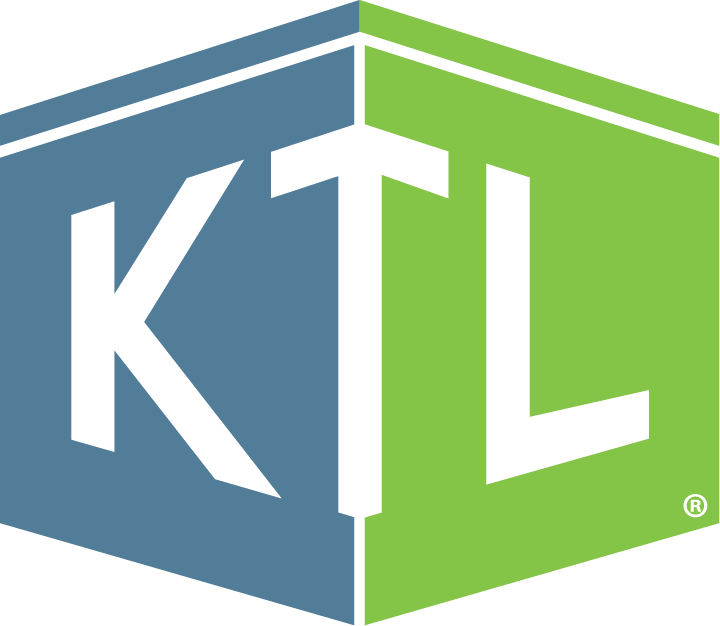
Food Safety
Comments: No Comments
Since corporations do not act independently, the only way to hold them accountable for a violation and to enforce the law is to hold corporate directors who are responsible for the violations accountable. They may be held to the same standard as the corporation in terms of accountability (United States v. Park, 421 U.S. 658 (1975)).
The Park Doctrine—also known as the Responsible Corporate Officer (RCO) Doctrine—imposes strict, vicarious criminal liability upon RCOs for misdemeanor Food, Drug, and Cosmetic (FD&C) Act violations. The word vicarious is important, because it means RCOs can be penalized without having personally participated in the violation, having been an accessory to it, or even being aware of it. And recently, there have been increasing cases of holding corporate leaders accountable for food safety issues that negatively impact public health.
Setting Precedent
A legal doctrine is a set of rules or principles typically established through legal precedent that courts widely follow. The following two landmark cases set the precedent for the Park Doctrine.
The Park Doctrine has its roots in a 1943 Supreme Court case—United States v. Dotterweich. In this case, the jury determined that Dotterweich, as President of the company, was guilty of FD&C Act violations because he shared in the responsibilities related to the transaction of mislabeled product, even though he had no knowledge of the violation. With this decision, the Court held that individuals could be held criminally liable for the company’s FD&C Act violations.
1975 marks the Supreme Court decision on the United States v. Park. In this case, Park (the President and CEO of a national retail food chain) knew about a rat infestation issue but delegated responsibility to employees to resolve the issue. When it was not resolved by the FDA’s inspection, Park and the company were both charged with FD&C Act violations for introducing adulterated food into interstate commerce. Again, the Court maintained that RCOs are held to strict accountability standards, and—very importantly—liability does not require proof of negligence, intent, involvement, or even awareness of wrongdoing. Rather, liability is based solely on the RCO’s role and responsibilities. Park had a duty to remedy the violations and to implement measures to prevent them—he did neither.
Park Doctrine Criteria
In January 2011, the Food and Drug Administration (FDA) published criteria for recommending Park Doctrine prosecutions that factor in the individual’s position in the company, his/her relationship to the violation, and whether the RCO had the authority to correct or prevent the violation. Specific factors under consideration also include the following:
- Whether the violation involves actual or potential harm to the public.
- Whether the violation is obvious.
- Whether the violation reflects a pattern of illegal behavior and/or failure to heed prior warnings.
- Whether the violation is widespread.
- Whether the violation is serious.
- The quality of the legal and factual support for the proposed prosecution.
- Whether the proposed prosecution is a prudent use of Agency resources.
Holding Individuals Accountable
A broad theme in law enforcement these days is holding individuals accountable, said Mary El Riordan, Senior Counsel in the Administrative & Civil Remedies Branch of the U.S. Department of Health and Human Services Office of Inspector General (HHS OIG). Million-dollar settlements do not change behavior, but holding individuals accountable does.
On September 15, 2022, the Department of Justice (DOJ) released the Monaco Memo, affirming its focus on holding individuals accountable. Deputy Attorney General Lisa O. Monaco stated in her address that the DOJ’s top priority for corporate criminal enforcement is going after individuals who commit and profit from corporate crime. The Monaco Memo is fundamentally about individual accountability and corporate responsibility and represents a desire on the part of the DOJ and FDA to use the Park Doctrine to increase the numbers of criminal convictions of RCOs.
Proactively Mitigating Risks
It is clear the DOJ and FDA are taking an increasingly aggressive stance and prosecuting more RCOs, even without knowledge or intent to commit a violation. In the case of the Price Doctrine, it is a crime to do nothing. It is ultimately the RCO’s duty to be aware of, prevent, and address potential violations.
To do so, there are several best practices companies can take to proactively mitigate risk:
- Implement and maintain an integrated management system (i.e., quality, food safety) to help identify compliance obligations and manage risks through an organized set of policies, procedures, practices, and resources.
- Conduct internal audits. Audits provide an essential tool for continually improving and verifying compliance performance. Routine audits should ensure policies and procedures are being followed and identify concerns before they become major violations.
- Engage in regular monitoring activities. Regular environmental monitoring that focuses heavily Zones 1 and 2 (i.e., food contact surfaces and surfaces directly adjacent to food contact surfaces, respectively) is vital to preventing foodborne illnesses.
- Establish clear roles and responsibilities for all employees, including leadership. Provide training for RCOs on the Park Doctrine so they clearly understand their duties and obligations.
- Resolve corrective and preventive actions (CAPAs) immediately. CAPAs are those actions an organization takes to make improvements and/or eliminate causes of non-conformities. Failure to conduct a CAPA may be considered a major non-conformance.
- Create a culture that encourages employees to speak freely when there are issues. Food safety culture is being integrated more completely and significantly into many of the Global Food Safety Initiative (GFSI)-benchmarked food safety certification standards to encourage widespread adoption.
- Be responsive and work with the FDA. The FDA sends warning letters to companies in violation of the FD&C Act (see example 2022 Warning Letter). The letter specifically outlines the required response and related consequences: You are responsible for investigating and determining the causes of the violations identified above and for preventing their recurrence or the occurrence of other violations. It is your responsibility to ensure your facility complies with all requirements of federal law, including FDA regulations. You should take prompt action to correct or implement corrections to the violations cited in this letter. Failure to do so may result in legal action without further notice, including, without limitation, seizure, injunction, or administrative action for suspension of food facility registration if criteria and conditions warrant.
